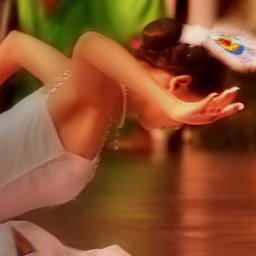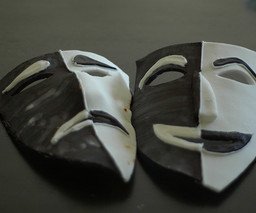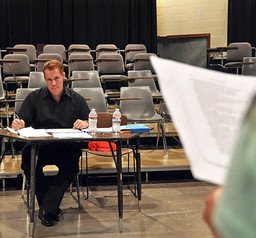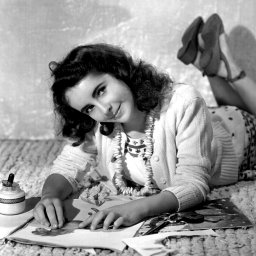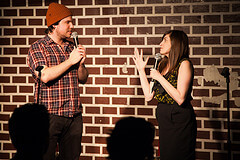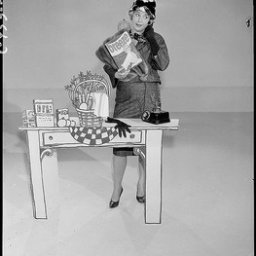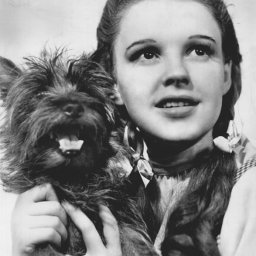 Almost every actor dreams of simply being “discovered” one day and rocketing to instant fame and stardom. The reality, however, is that succeeding as an actor can require tireless persistence, drive, and dedication. Particularly when starting out, your days may be filled with audition after audition as you gain the experience needed to improve your craft and build your resume. More auditions mean more opportunities for landing a part – but they also mean more rejections. In fact, you’ll likely hear “no” far more often than “yes”. The key is to not let rejection get you down; rejection is simply part of being an actor. Instead, take advantage of each rejection and turn it into a positive experience.
Almost every actor dreams of simply being “discovered” one day and rocketing to instant fame and stardom. The reality, however, is that succeeding as an actor can require tireless persistence, drive, and dedication. Particularly when starting out, your days may be filled with audition after audition as you gain the experience needed to improve your craft and build your resume. More auditions mean more opportunities for landing a part – but they also mean more rejections. In fact, you’ll likely hear “no” far more often than “yes”. The key is to not let rejection get you down; rejection is simply part of being an actor. Instead, take advantage of each rejection and turn it into a positive experience.
Don’t Count on Getting Any Role
Being excited, enthusiastic, and optimistic about your auditions is great – it’s good to have a positive, upbeat attitude! However, it may also be a good idea to temper that optimism with some pragmatism. Feeling encouraged by a great audition is one thing, but convincing yourself that you’re a guaranteed shoo-in for every role can lead to disappointment and wasted time. No matter how well you feel an audition went, and how perfect you believe you are for the part, remember that dozens – or even hundreds – of others may have also auditioned for this single role. Instead of counting your chickens before they’ve hatched, congratulate yourself doing well and keep attending other auditions; it’s better to have to choose between two roles than to start from scratch if you don’t get a callback.
Don’t Take it Personally
Getting rejected for a role doesn’t mean that the casting directors hate you. It doesn’t mean that you’re a bad person. It doesn’t mean you’re a terrible actor (or dancer, or singer). It means that you weren’t what they wanted for the job. Casting directors generally have a “look” or style in mind when they’re casting a part – and sometimes what they’re looking for is very specific. If you didn’t match that vision, that’s not necessarily a reflection of your professional competence, or of you as a person.
Channel Your Frustrations
No matter how logical and realistic you are, getting rejected for a role can still be disappointing and frustrating. Be careful not to let your emotions get the best of you and lead to any decisions or actions you’ll regret. However, trying to bottle them or hide them isn’t always healthy, either. Instead, find an outlet to channel and release those frustrations. Many people find that hitting the gym or going for a run can help them relieve stress. Better yet, head to a karaoke bar to let it all out with good friends who can always cheer you up.
Appreciate the Experience
Every audition you attend, no matter how it turns out, adds to your experience with the process. Maybe it will add to your comfort level and help the butterflies in your stomach be just a little bit calmer next time, or the audition familiarized you with a slightly different process than you were used to from previous auditions. Perhaps someone you met at the audition will wind up being a helpful contact in the future. Regardless, you now have one more audition under your belt, and the valuable experience to help you keep getting better.
Look for the Lessons
In nearly every setback, there is a lesson to be learned. If you can find this lesson and apply it to future auditions, then this rejection can actually turn into a valuable experience. The lesson could improve any part of your audition process: how you prepared, what you wore, the monologues or songs you chose, your resume content – anything that could make you better prepared to nail your next audition and get the part that was meant to be yours.
Still Have More Questions?
KD Conservatory has acting, musical theatre, and film production programs to help prepare students for careers in the entertainment industry. Contact us with any of your questions, or check us out on Facebook for ongoing updates and information!







